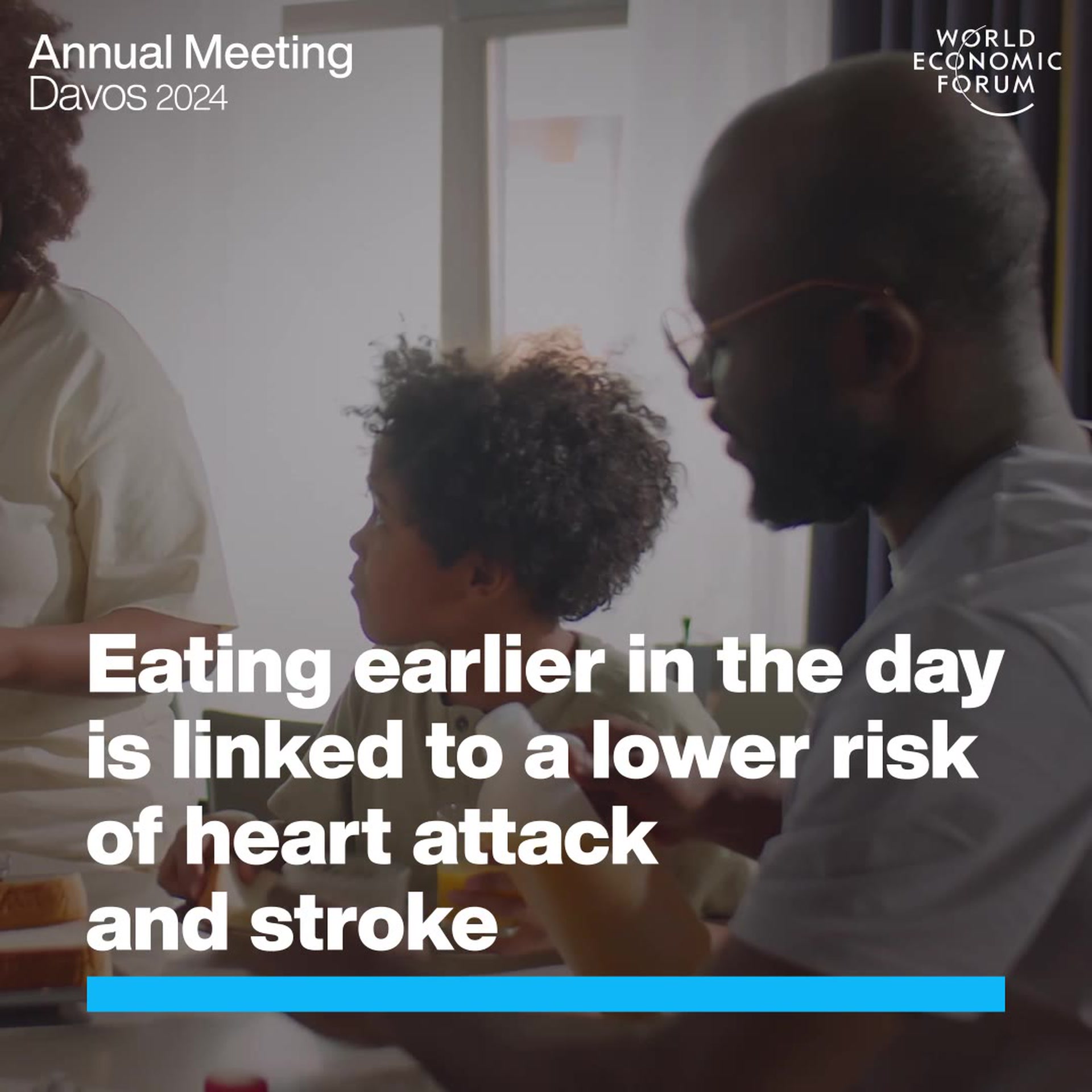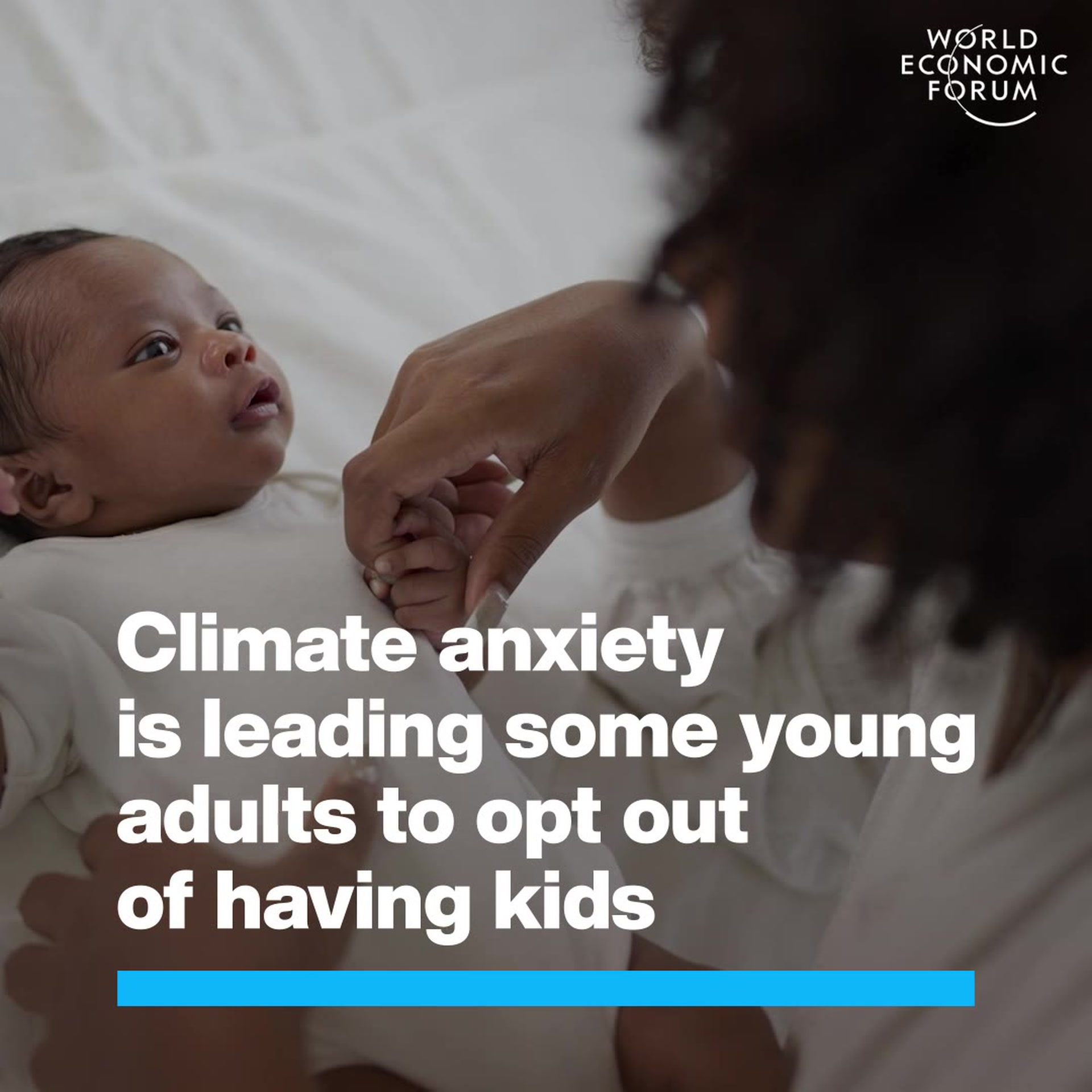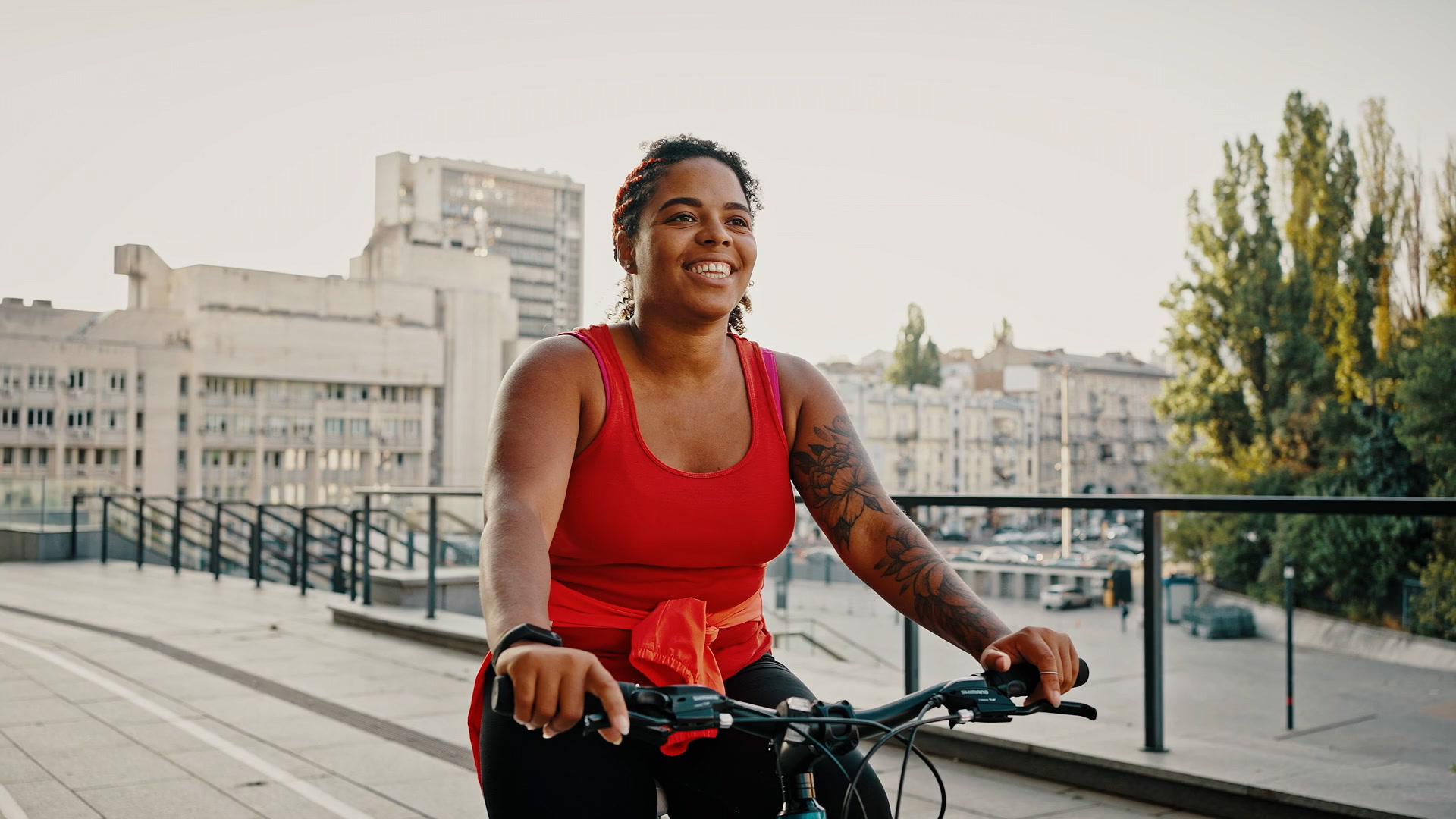The top 8 stories from the second day of Davos

Joe Biden delivers his final major speech as US Vice President Image: World Economic Forum/Mattias Nutt

Get involved with our crowdsourced digital platform to deliver impact at scale
Stay up to date:
Behavioural Sciences
As the second day of Davos 2017 draws to a close, here’s a quick recap of some of the day’s key moments.
Just 48 hours before leaving office, US Vice President Joe Biden made an impassioned plea for the global community to “act urgently to defend the liberal international order”.
“For the past seven decades, the choices we have made – particularly the United States and our allies in Europe – have steered our world down a clear path,” Biden said.
“Our careful attention to building and sustaining the international world order, with the US and Europe at its core, was the bedrock of the success that the world enjoyed in the second half of the 20th century.”
A day after Chinese President Xi Jinping took to the Davos stage to warn against making globalization a scapegoat for all the world’s problems, Biden acknowledged that globalization had “not been an unalloyed good” but stressed that international trade and greater integration had lifted millions of people out of abject poverty, improving education and access to healthcare in the process.

“I am a free trader and a supporter of globalization, but it has deepened the rift between those racing ahead at the top and those struggling to hang on in the middle, or falling to the bottom,” he said. “Our goal should be a world where everyone’s standard of living can rise together.”
One solution to this, Biden said, is fairer taxation. “The top 1%’s not carrying their weight,” he said, calling for a progressive tax system where top earners pay more.
You can read Vice President Biden’s speech in full here, or get some more key quotes on issues like trade, Russia’s role in the bitterly contested US election, the future of Europe and the importance of NATO.
Once the linchpin of developed economies, the middle class is now threatened by job losses and stagnant wages, paving the way for the rise of populism.
So, what’s the solution? This was the topic of discussion in a session featuring the IMF’s Christine Lagarde, who said there was no silver bullet to deal with the problem, but – like Vice President Biden earlier in the day – she stressed the need for fairer redistribution of wealth to address inequalities.
Lagarde also referenced a speech she made in Davos in 2013, when she warned participants about the dangers of rising inequality. “Why did people not listen? I don’t know.”
In one of the final sessions of the day, Jack Ma, founder and CEO of internet giant Alibaba, spoke out about America’s growing globalization backlash.
“American international companies made millions and millions of dollars from globalization,” he told participants. But that wealth was never distributed fairly, which explains the sense of anger many Americans are feeling.

“It’s not that other countries steal American jobs; it is your strategy – that you did not distribute the money in a proper way.”
But instead of throwing up the walls and introducing barriers to trade, the US should work on reforming globalization.
“I believe globalization is good, but it needs to be improved. It should be inclusive globalization.”
Yusra Mardini is the 18-year-old refugee who fled her home in Syria, saved the lives of 19 people while crossing the Aegean to reach Greece and went on to represent the Refugee Olympic Team in Rio.
Following up on her recent article for our blog, Agenda, Mardini took part in a Facebook Live interview with us in Davos to draw attention to the plight of refugees all over the world, the transformations we can achieve through sport, and what makes a good leader.

“My main goal in my life is to do what I’m doing right now. To represent refugees in a good way, to show everyone that refugees are people who can achieve like anyone else in this world, and to win an Olympic medal… a gold.
“When the war is ended… I want to go back to my country to rebuild what is destroyed and get my country back.”
“Obama didn’t fail,” the artist and activist Forest Whitaker told an audience at the World Economic Forum in Davos this morning. “He changed the psyche of the nation and in some ways the world. To act like we haven’t had great progress isn’t true.”
The UNESCO special envoy is in Davos to talk about his work in peace-building and conflict resolution in Mexico, Africa and the United States. But in a televised interview with broadcast journalist Zeinab Badawi, the conversation turned to race and inequality in America, both in film and on the streets.

“A young black teenager is 20 times more likely to be killed than his white counterpart,” Whitaker said, but it’s not a failure he believes falls to Barack Obama's eight years in office. For black people in the US, he argues, “we came to America as slaves. To go from that to Obama – it’s been a long journey. And there’s still a way to go.”
Read our full summary of the session here.
Christine Lagarde also shared her thoughts on the world’s glacial progress towards gender parity in a session on disrupting the status quo of gender roles.

“We have been talking about it for as long as I can remember,” she said, noting that, according to World Economic Forum research, it would take 170 years for the economic gender gap to close, with the rate of progress stalling in the wake of the financial crisis.
Lagarde, who once walked out of a job interview when she was told her prospects would be limited as a woman, also said: “We have to identify our own biases. Sometimes you have to identify that when a board member who happens to be a woman takes the floor, guess what, many of the male board members start to withdraw physically, they start to look at their papers, to look at the floor… and you need to disrupt that.”
It’s official, 2016 was the hottest year ever, the third time the record has been broken in as many years. It’s a worrying trend, but there’s still time to roll back the worst effects of global warming and avert cataclysmic climate change. One of the positive signs is the plummeting cost of renewable energy, something former US Vice President Al Gore talked about in this session on following through on the promises of the Paris climate agreement.
Meanwhile, over on our blog Agenda, seven Davos experts, including Al Gore, answer the question – what’s the one thing that needs to be done now to fight back against climate change?
“I meet my enemies, I meet the problem, I meet the solution,” the chef and food activist said in a one-one-one conversation with Ariana Huffington.
Oliver talked about his campaign to tackle childhood obesity and diabetes, but said Brexit led to a “missed opportunity” to overhaul nutritional standards in the UK.
We should also be concerned about the poor quality food that rich countries are shipping to the developing world, where nutritional-related diseases like diabetes are on the rise.
These are problems that corporate giants could help solve, however. “There’s lots of challenges at the moment and food’s at the heart of it, and I do think that big companies can be part of the solution.
“If you want to make salad cool it’s not about getting me and David Beckham to push it, it's about making Coke and McDonald’s do that.”
Don't miss any update on this topic
Create a free account and access your personalized content collection with our latest publications and analyses.
License and Republishing
World Economic Forum articles may be republished in accordance with the Creative Commons Attribution-NonCommercial-NoDerivatives 4.0 International Public License, and in accordance with our Terms of Use.
The views expressed in this article are those of the author alone and not the World Economic Forum.
Related topics:
The Agenda Weekly
A weekly update of the most important issues driving the global agenda
You can unsubscribe at any time using the link in our emails. For more details, review our privacy policy.
More on Behavioural SciencesSee all
Peter Dizikes
November 27, 2023
Aaron De Smet and Patrick Simon
September 25, 2023
Kate Whiting and Kateryna Gordiychuk
September 6, 2023






